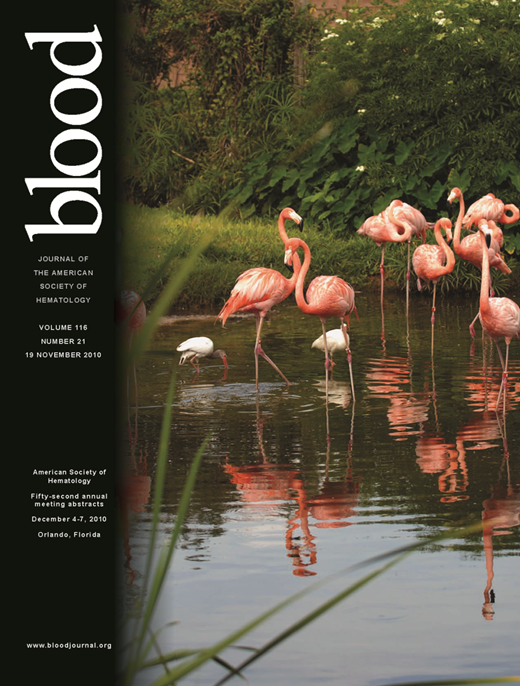Abstract
Abstract 5128
Hu5c8, a whole IgG1 anti-CD40L antibody, is known to cause thrombotic side effects in patients with Systemic Lupus Erythematosus (SLE). Anti-CD40L-mediated activation of platelets in vitro was shown to be FcγRIIa-dependent1, suggesting that the adverse effects of hu5c8 could be due to this mechanism, and that anti-CD40L antibodies lacking a functional Fc region would not activate platelets. CDP7657 is a monovalent Fab' PEG anti-CD40L antibody being developed for the treatment of SLE. The aim of the present work was to study a range of anti-CD40L antibody formats in isolated platelet assays and to evaluate the role of the Fc region and of valency.
Isolated human platelets from healthy donors were used in the platelet aggregometry and serotonin release assay systems. Antibodies were added either alone, or pre-complexed with soluble CD40L trimer (sCD40L) at optimal stoichiometry. Antibody IV.3 was used to block FcγRIIa. The antibodies and antibody fragments tested included hu5c8 in IgG1, aglycosyl IgG, Fab′, & (Fab′)2 formats, CDP7657, and the CDP7657 variable regions in di-Fab' PEG, tri-Fab' PEG and aglycosyl formats.
Hu5c8 in complex with sCD40L caused strong aggregation (in 2–3 minutes) and >85% serotonin release, both alone and in complex with sCD40L. This activation was completely abrogated by blocking FcγRIIa. In contrast, platelet activation did not occur with CDP7657 or other antibody formats, in any assay, regardless of the valency or presence of sCD40L.
The data support the hypothesis that platelet activation by anti-CD40L antibodies is dependent on the presence of an active Fc moiety, via interactions with FcγRIIa, and indicate that CDP7657 has the potential to deliver the therapeutic effect of anti-CD40L blockade in SLE without thrombotic toxicity.
References:(1) Langer F et al. 2005; Thromb Haemost 93: 1137.
Amirkhosravi:UCB: Research Funding.
Author notes
Asterisk with author names denotes non-ASH members.

